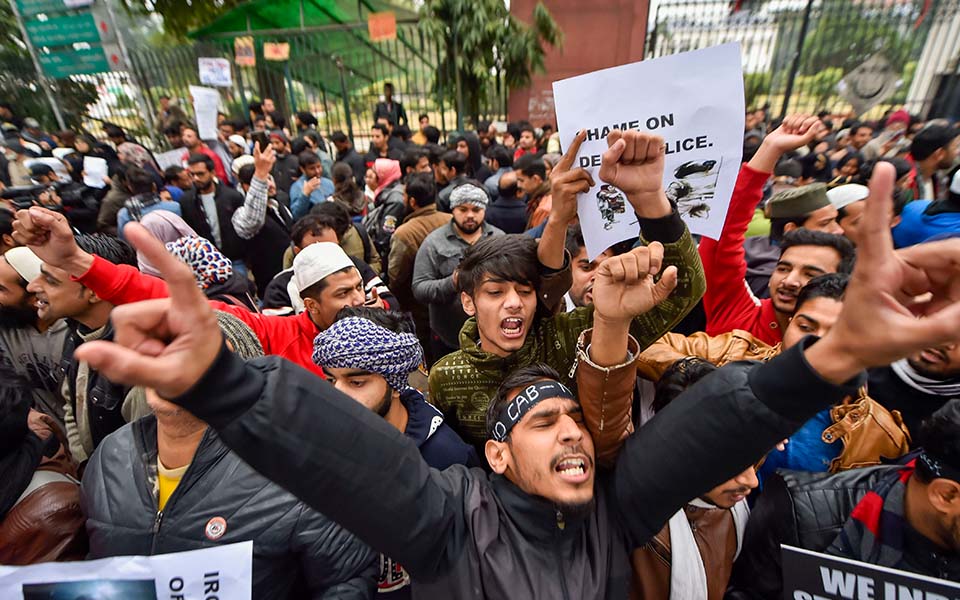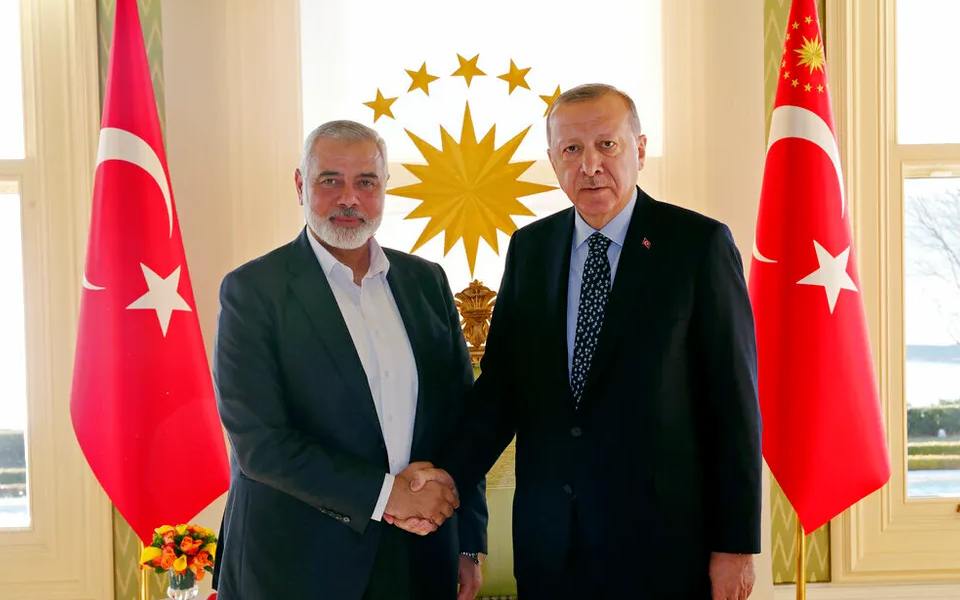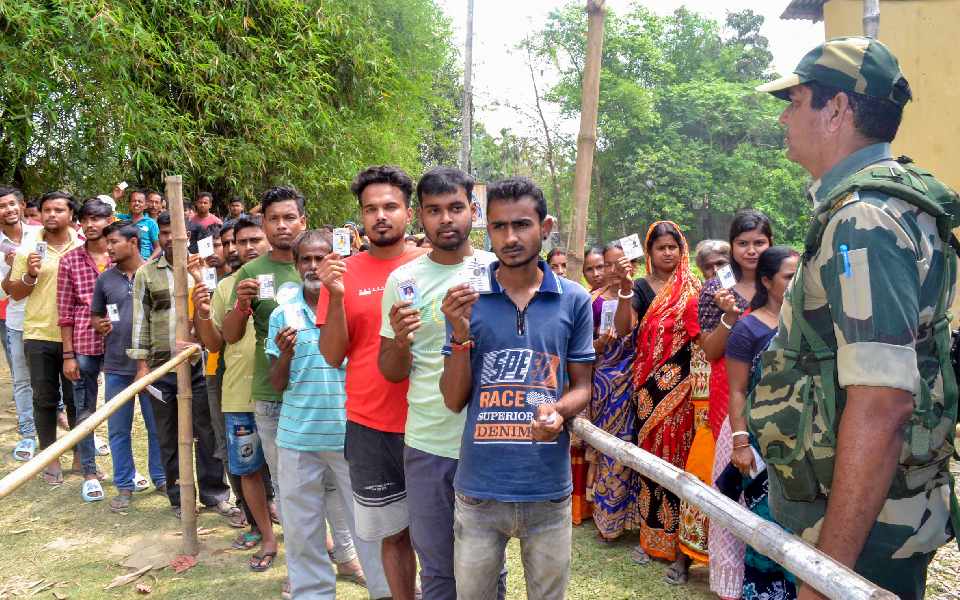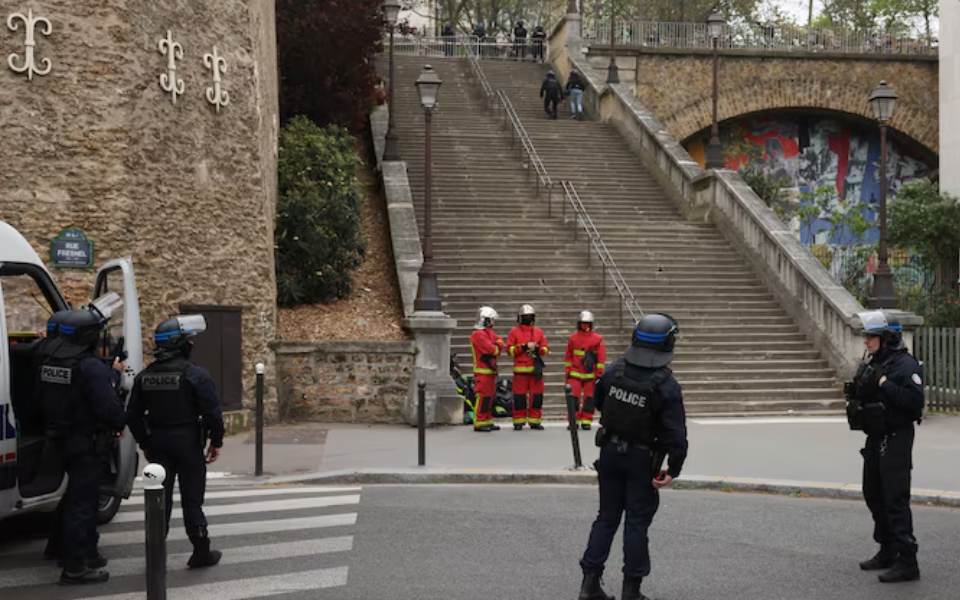Dubai: Pakistani minorities have strongly condemned the new Citizenship Amendment Act (CAA), which discriminates against Muslims.
They have also rejected India’s offer to grant them citizenship under the new law. They said they are not interested in taking refuge in India and rejected Indian Prime Minister Narendra Modi’s ‘humanitarian’ gesture.
Speaking to Gulf News, Dileep Kumar, a Dubai-based Pakistani Hindu, said: “The law from India is totally against [the] spiritual norms of humanity and Sanatana dharma.” Sanatana dharma is a term used in Hinduism to denote the set of duties or religiously ordained practices incumbent upon all Hindus, regardless of class, caste or sect.
“As humans, we cannot discriminate, irrespective of any religious followings. We do not want [the] Muslims of India to face terror. We condemn the law as religious persecution is unacceptable to [the] Hindus of Pakistan,” Kumar added.
Reverend Johan Qadir, a Sharjah-based Pakistani Christian community leader, said that the Pakistani Christian community also rejected the new Citizenship Amendment Bill. “We, the Christians of Pakistan, are not at all interested [in taking] refuge in India. I must say that the Modi’s citizenship bill does not favour the minorities at all as it is discriminatory and against basic human rights.”
What is the issue?
Citing the harassment of minorities in Pakistan, Bangladesh and Afghanistan, the Indian parliament recently amended its citizenship law, offering citizenship rights to Hindu, Buddhist, Christian, Parsi and Jain communities migrating from these countries.
Citizenship Amendment Act is a newly-passed law that applies to Hindus, Christians and other religious minorities who are in India illegally from Muslim-majority Bangladesh, Pakistan and Afghanistan. They can apply for citizenship under a religious persecution clause.
The law, however, does not include Muslim refugees or migrants — it's a move that critics are calling a clear indication of the changing politics in secular India. India has a Hindu population but is also home to 200 million Muslims and other minorities.
This amendment of the Citizenship Act 1955, which requires the applicant (regardless of religion or country of origin) to have resided in India for 11 of the past 14 years, relaxes this requirement from 11 years to six years, but only for Hindus, Sikhs, Buddhists, Jains, Parsis and Christians from the three nations.
“Pakistan’s Hindu community unanimously rejects this bill, which is tantamount to dividing India on communal lines,” Raja Asar Manglani, patron of the Pakistan Hindu Council, earlier told Anadolu Agency.
“This is a unanimous message from Pakistan’s entire Hindu community to Indian Prime Minister [Narendra] Modi. A true Hindu will never support this legislation,” he said. He added that the law has violated India’s own constitution.
Senator Anwar Lal Dean, a Christian member of the Pakistani parliament’s upper house, also said the law is meant to pitch religious communities against each other, reported the Express Tribune.
“This is a clear violation of fundamental human rights. We categorically reject it,” said Dean, a leader of the opposition Pakistan People’s Party.
“Through such unjust and uncalled steps, the Modi government wants to pitch religious communities against each other,” he said.
Pakistan’s tiny Sikh community has also denounced the controversial law. “Not only Pakistani Sikhs but the entire Sikh community in the world, including those in India, also condemn this move,” said Gopal Singh, leader of the Baba Guru Nanak in Pakistan.
“The Sikh community is a minority both in India and Pakistan. Being a member of a minority, I can feel the pain and the fears of the Muslim minority [in India]. This is simply persecution,” he said. Singh urged Modi not to push minorities' “backs to the wall.”
Hindu population in Pakistan
Though there are no exact official numbers available, the Pakistan Hindu Council says that there are more than 8 million Hindus currently living Pakistan.
They constitute about 4 per cent of the population of 220 million. They live primarily in the urban areas of the province of Sindh in the lower Indus valley and more than half are concentrated in the south-east district of Tharparkar which borders India.
For the most part, Hindus in Pakistan are well educated and active in commerce, trade and the civil service.
According to the Council, approximately 94 per cent of Hindus are living in Sindh Province, and more than 4 per cent are living in Punjab Province of Pakistan, whereas a small portion of this population is settled in Balochistan and Khyber-Pakhtunkhwa Provinces.
Courtesy: gulfnews.com
Let the Truth be known. If you read VB and like VB, please be a VB Supporter and Help us deliver the Truth to one and all.
Istanbul: Turkish President Recep Tayyip Erdogan has confirmed reports from Turkish media indicating that Hamas leader Ismail Haniyeh is scheduled to visit Turkey on Saturday. Erdogan stated, "What we will speak will be between us for now. And we will take our steps accordingly."
Regarding the recent escalation, Erdogan expressed dissatisfaction with the lack of international leadership.
"Israel says different things, Iran of course has different opinions. Nobody claimed the [attack]. And there is no reasonable statement so far. You can not say ‘What Iran says is right.' You can not say ‘What Israel says is right’ either. When you look at USA, they say ‘We were aware, we were not aware,'" Erdogan commented while addressing reporters in Istanbul.
Additionally, Erdogan remarked that he was not surprised by the United States vetoing the United Nations Security Council resolution that would have facilitated full UN recognition of a Palestinian state on Thursday.
“At the UNSC while the world supported Palestine, America is backing Israel again. We were not expecting anything different but this gave us an opportunity to see that,” he added.





